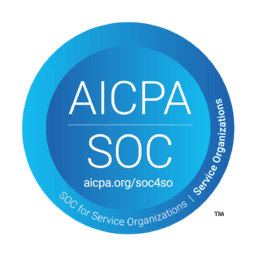Deliver stellar customer service without compromise
Gladly's AI-powered Customer Service Platform centers on people, not tickets, leading to delightful experiences and revenue growth while cutting costs.

Your customers want connection, not case numbers
Customer service no longer seems to be about customers. Today, most solutions are oriented around tickets and systems that aim for deflection in the name of efficiency and cost savings. Enter, Gladly. We’re doing things differently, and it’s proven to work. But don’t just take our word for it.
World-class brands are choosing Gladly
Deliver exceptional experiences, every time
Learn how Gladly’s unified, AI-powered platform puts customers back at the center of customer service.

Customer at the center
Because all communication is tied to a customer, every conversation starts with a real-time understanding of who the customer is, eliminating duplicate tickets and associated costs.
Make service personal
Customer service AI
AI that knows where to find answers, when and how to take action, and when to ask for help results in faster, more personal support and efficient customer service teams.
Unlock greater efficiency
Best of AI and people
With the right combination of AI and human support, customers are empowered to resolve inquiries on their own and agents can prioritize high-value work that builds loyalty and drives revenue.
Empower customers and agents
All in a single lifelong conversation
From voice to email to SMS to self-service, every customer contact — regardless of channel — is unified in a single conversation view. This ensures work is centralized and silos disappear.
Simplify your serviceResults that speak for themselves
Gladly’s complete customer service solution is proven to save time and money while increasing customer satisfaction and growing revenue.

Gladly wins "Overall Customer Experience Solution of the Year" by RetailTech Breakthrough
Gladly is recognized among the top technologies reshaping today’s most competitive industries.

Enterprise Grade Security. SOC 2®
Opt for Gladly, the leading customer service platform designed for scalability.



























